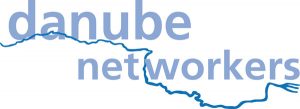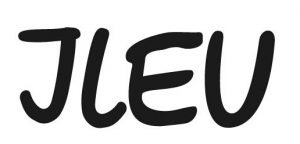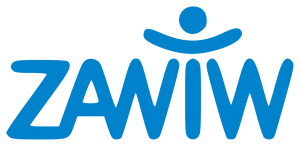Danube Stories (DASTO)
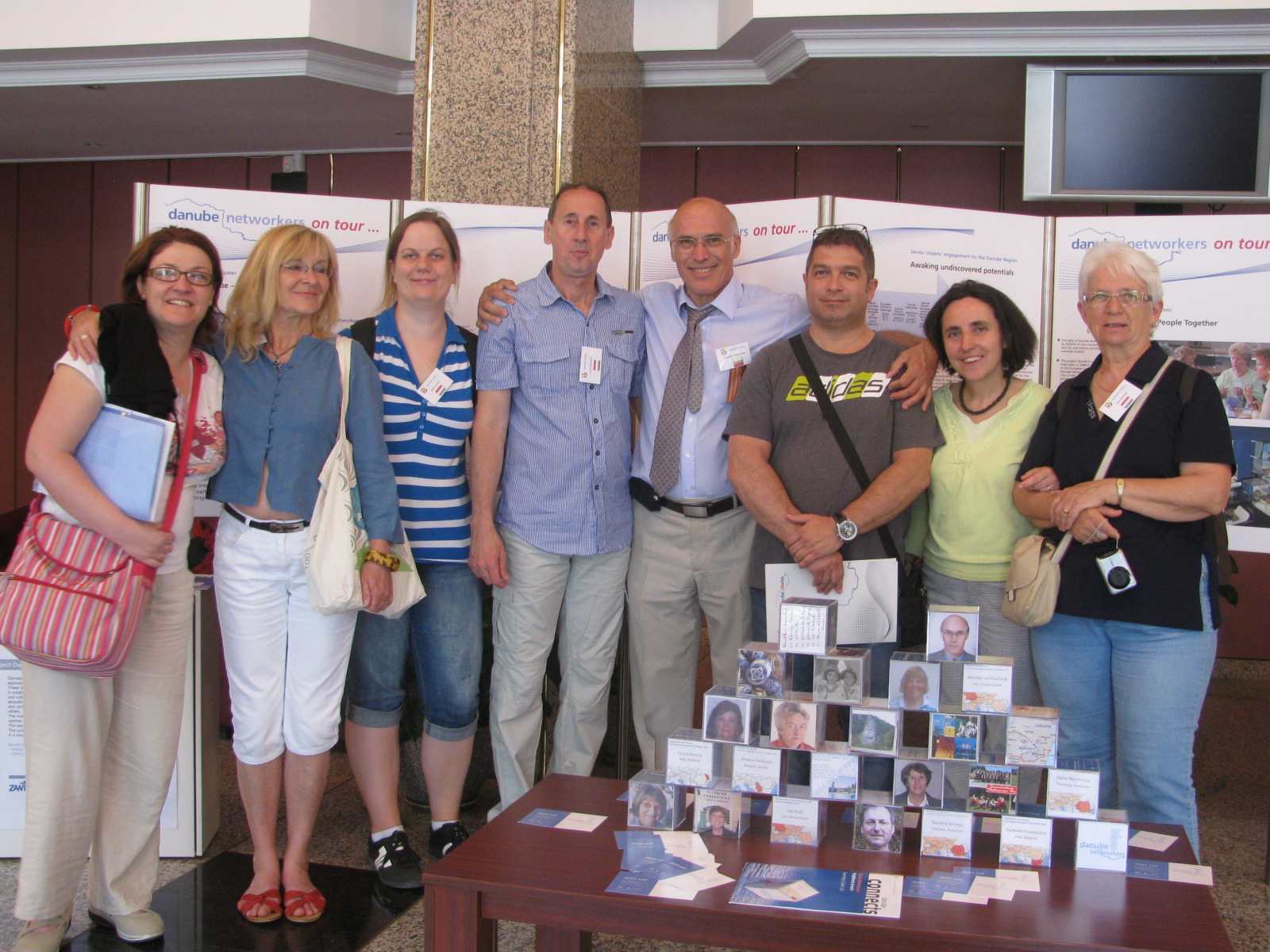
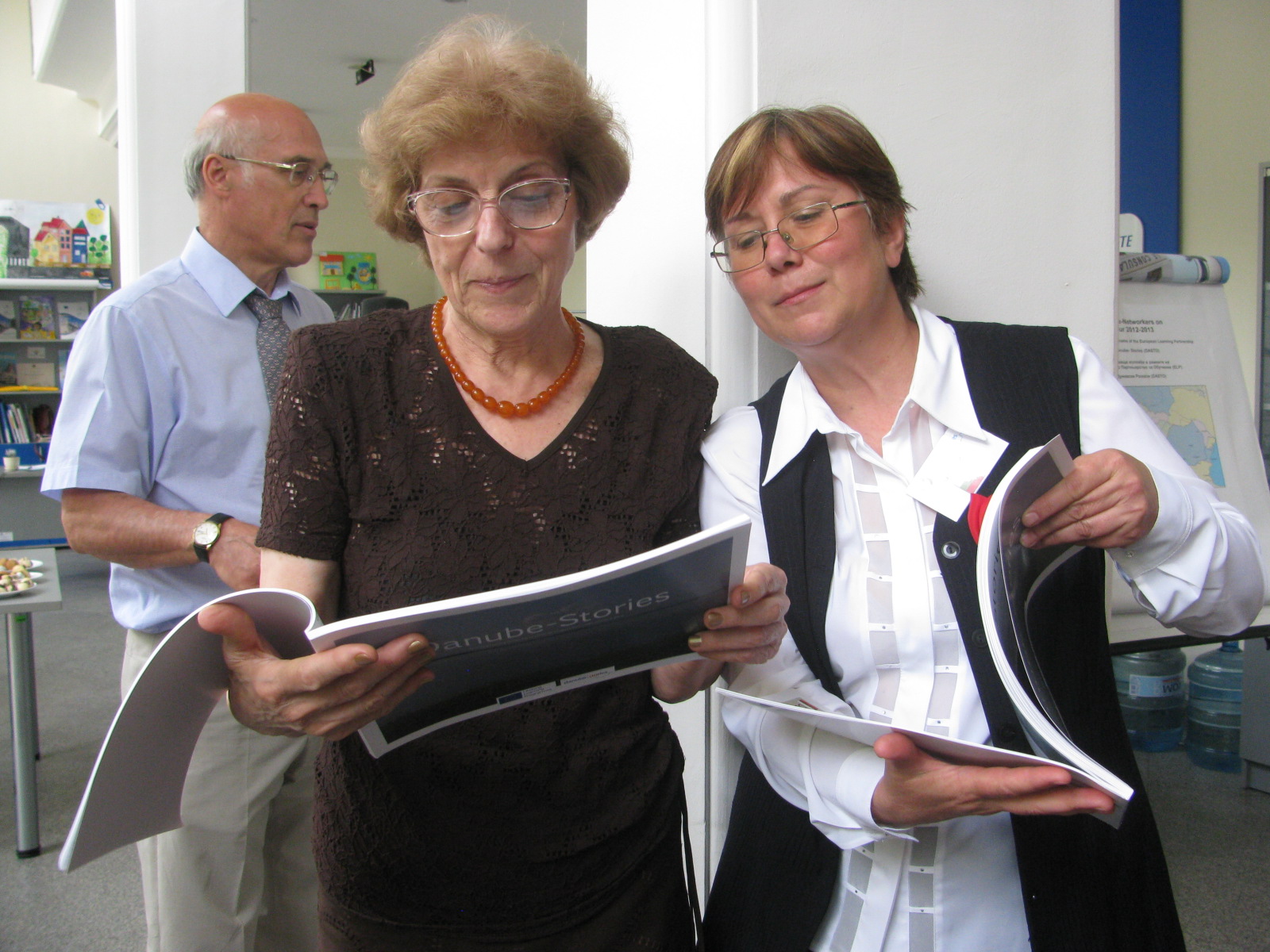
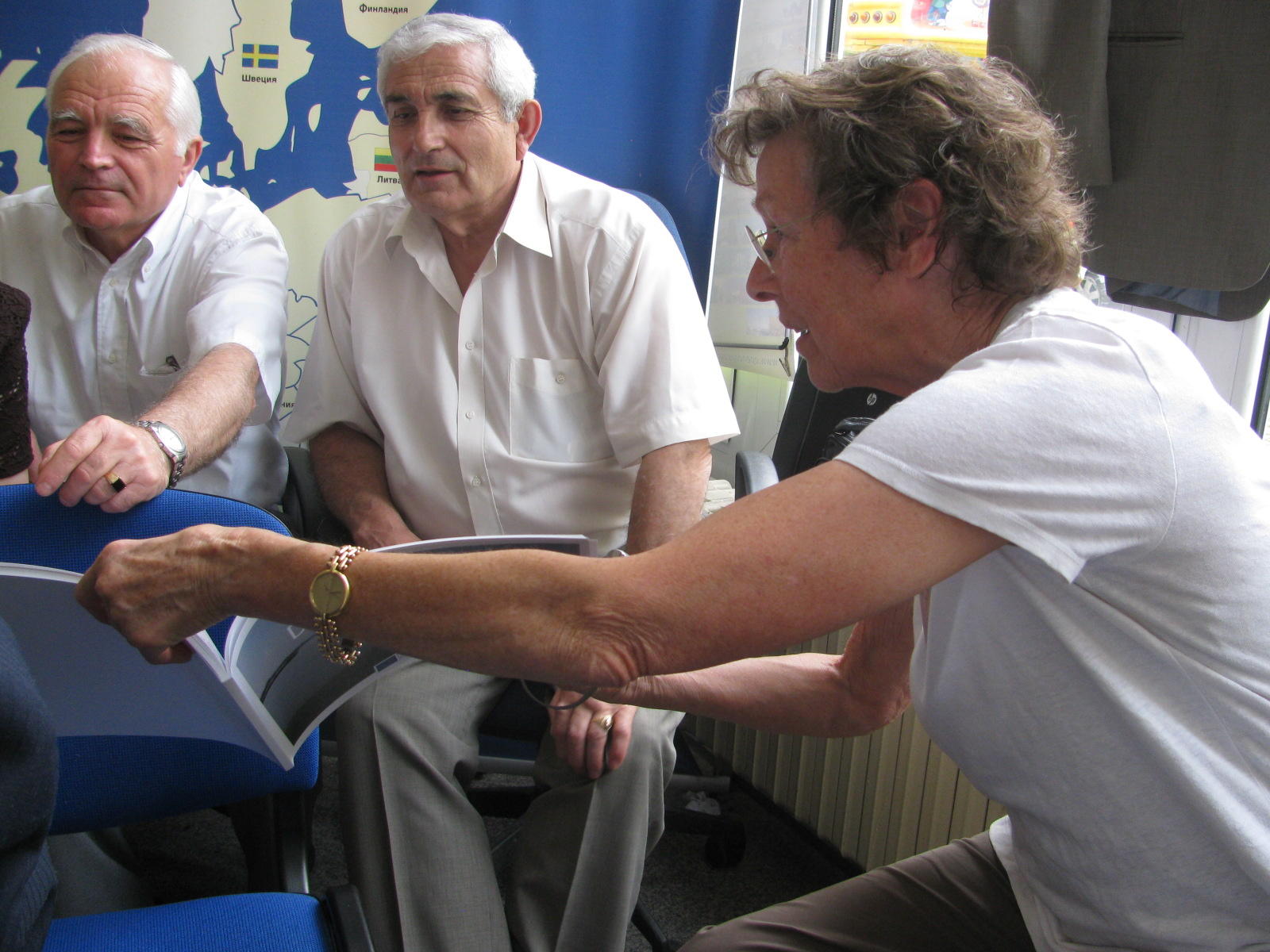
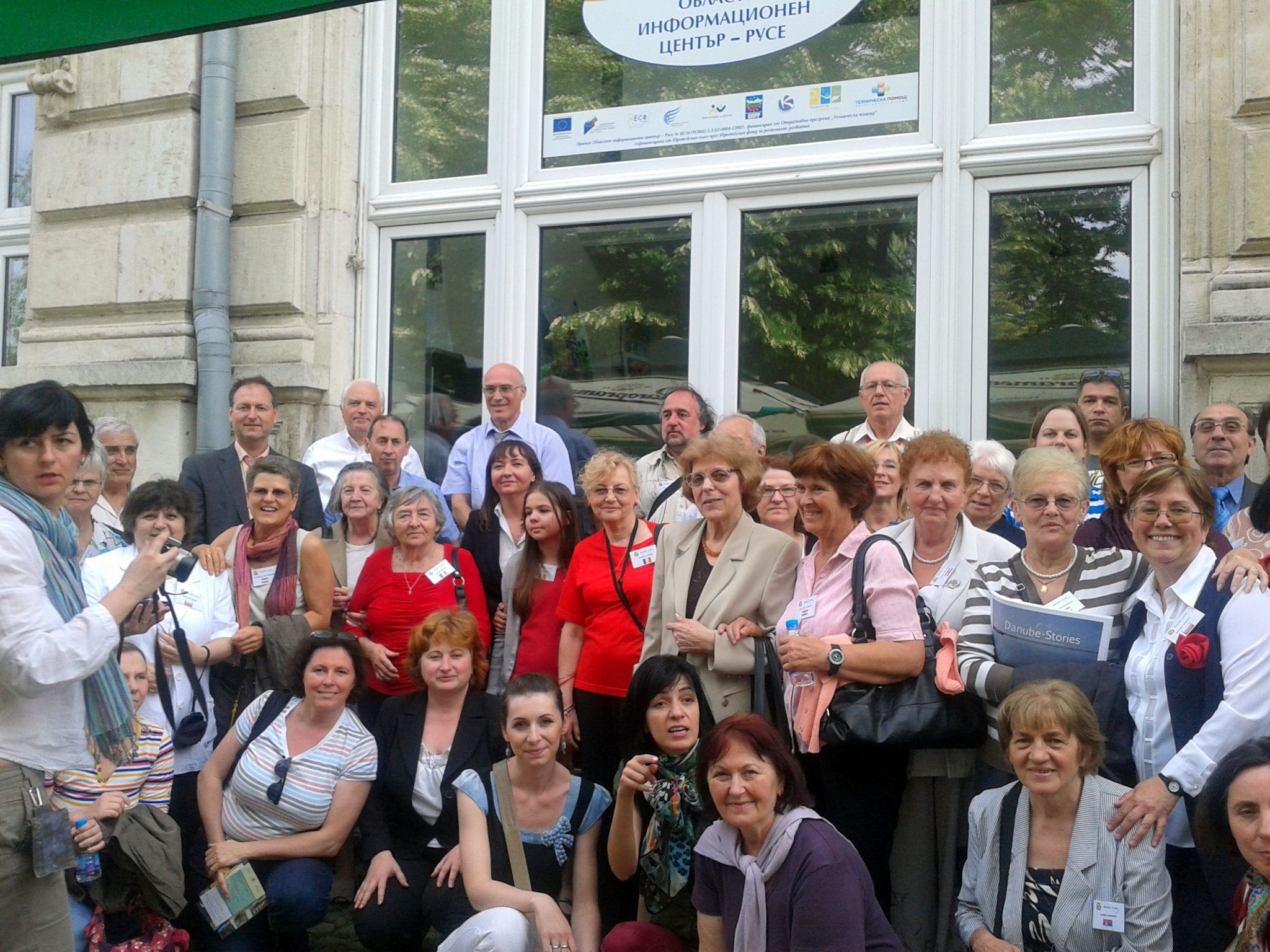
Aim
The project’s goals are:- Conducting different training activities adapted to the specific age group and conducted through informal training methods to prepare them for different opportunities for international mobility.
- Conducting training seminars for teamwork, simulations of intercultural dialogue, communication practices, etc.
- Development and upgrading of key competences and skills of learners, trainers, young people in the field of intercultural competence and European identity.
- Improving language skills through task-oriented application (communication with the partners, translation tasks).
- Exchanging personal knowledge and experiences about the common subject “Danube/ Danube country” to foster intercultural and intergenerational dialogue.
- Comparing and learning about other countries and cultures, reflection on intercultural competences and their widening.
- Becoming familiar with developments in foreign countries and reliving common cultural roots.
- Building a network of older people from the Danube countries sharing European spirit.
Full Description
The Grundtvig Learning Partnership Danube Stories (August 2011 – July 2013) focused on the development and application of innovative approaches to oral history work with older people (55+) in the Danube Region. These approaches encouraged creative expression of thoughts and feelings in subject areas that did with the participants’ living environment, history and cultural identity. They provided people of different nationalities, educational backgrounds, and gender, with opportunities as well as tools for documenting and communicating their memories and experiences and made these available to others. The common work on subjects within the thematic of Danube and the Danube Region leaded to increase knowledge in the subject-areas as well as increase of awareness of the national as well as cross-national identities of the people of this region.
The project promoted fruitful interaction between European organizations in the field of formal and non-formal education and adult education. This made it possible to build a partnership network, to develop adult mobility projects, to encourage and to support the entrepreneurship and initiative of adults and the possibility of including them in similar educational projects.
Project partners:
- “Angel Kanchev” University of Ruse, Ruse, Bulgaria
- XIII. Kerületi Közművelődési Nonprofit Kft., Budapest, Hungary
- Europski dom Vukovar, Vukovar, Croatia
- Asociaţia Culturală “Constantin Brâncuşi”, Timişoara, Romania
- International Association for Danube Research, Wilhering, Austria
Step by Step Explanation
-
1
Coordination meetings to exchange best practices implemented locally by each country in the field of intercultural and / or social adult education and training;
-
2
Design, creation, testing of sending and receiving tools from other countries in the framework of cooperation and volunteering projects;
-
3
International adult learner activities to support mobility as an educational tool;
-
4
Activities to promote the project and disseminate its results in each of the partner countries.
Results
Implemented Methods
Story-Telling Cafés
Lifelong learning is the key to assuring that experience and competences of older people are not lost to society.
The method was used to enhance the participation of older learners, intercultural and intergenerational dialogue, and to increase the participants’ creativity on the topic of the Danube/ Danube countries through telling personal stories.
The Story-telling cafés educational method differs from Word cafés in several ways:
- The story telling venue is not only a café but also an exhibition or concert hall, a university lecture hall, a classroom in a school, etc.
- The personal stories are told not only as a separate event. They are often incorporated into the scenario of a larger event thus reaching and impacting a larger cohort of people of various ages.
- The storytelling is supported by a presentation, photos, pictures, an interview, a clip, a film, a poster, music, a dance, etc.
- The stories have to be told and written by the author.
Writing Stories
Individual learning is one of the most effective educational method because it is consistent with the individual socio-psychological features of adult learners.
The Writing story educational method is characterized with:
- Self-learning new knowledge about other European cultures and societies.
- Development of skills for reflection of intercultural competences, living environment, history and European identity.
Festival
The main purpose of these festivals is to improve the quality of training by enabling participants to exchange experiences, inform and promote among them contemporary understanding of European awareness, and the dialogue between cultures and the generations.
The Festival is a place for communicating informally, expressing thoughts and feelings through a combination of tools such as speaking, singing and dancing.
Mobility
Mobility allows the exchange of experience, practice and methods to better understand the diverse cultural, social and economic trends in Europe as well as areas of common interest.
Learning mobility in adult education seeks to enhance older learners’ key competences and skills in order to improve the quality of teaching and learning in all its forms and to prepare them for society as a whole. Adult education organizations are expected to use learning mobility strategically in terms of both the internationalization of their organization and their capacity building. The benefits are not only for the older learners but also for the staff involved in the implementation of the project who will be given the opportunity to significantly improve their professional skills and ability to provide high quality services to the users of each organization.
Seminar
The method helps organizations from different countries and different spheres of activity to work together and exchange best practices in areas such as adult social inclusion and the acquisition of new cultural and / or linguistic skills through formal and non-formal education and training.
The creative process of the seminar encourages creative expression of thoughts and feelings in thematic areas related to the living environment, history and cultural identity of the participants.
Simulation
Simulation as a method allows learners to get as close as possible to actual conditions and allows participants to transfer the learning to reality.
During the simulation the participants exchanged knowledge and experience on the subject of the Danube countries and the traditions related to life on the Danube.
The goal of informal communication through creative participation of elderly people with oral stories or combinations of songs, dances, music, poems, jokes was achieved.

